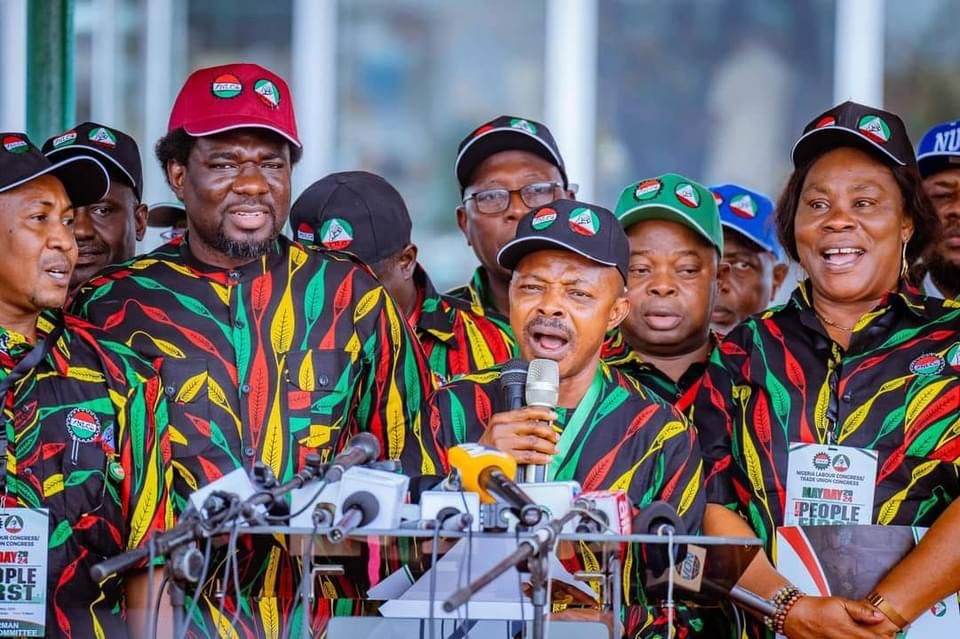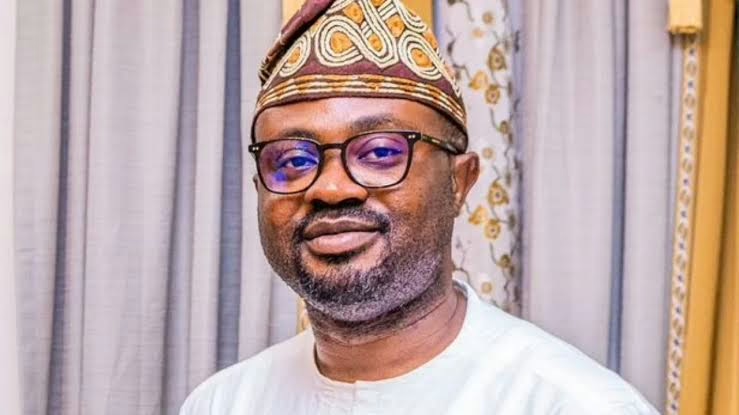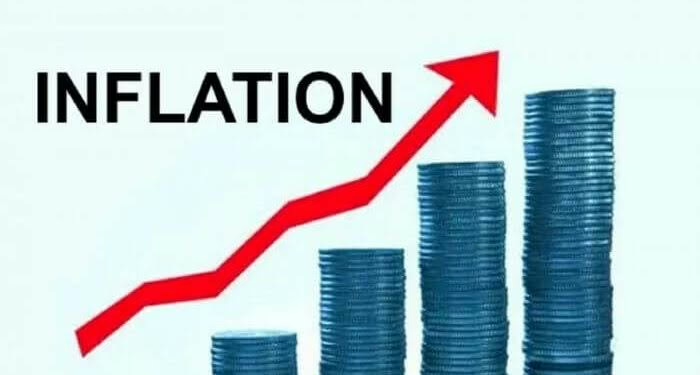Only 5.3 million Nigerians working in the formal sector will benefit from the new minimum wage, available data have shown.
In other words, of Nigeria’s total population of 229 million people, 76 million (33.2 per cent) are workers, but not all of them will directly benefit from the wage increase because of some factors, analysts say.
A back-of envelope calculation by the National Bureau of Statistics (NBS) shows that 1.2 million (23 per cent) and 0.3 million (six per cent) work with the federal government, drawing salaries from the Consolidated Revenue Fund, and government-owned enterprises respectively.
Also, another 1.3 million (25 per cent) and 0.7 million (13 per cent) work with the state governments, their agencies and local government areas. The remaining 1.8 million (34 per cent) work in formal private organisations.
While experts believe that civil and public servants deserve more in terms of their take home packages, they, nonetheless, observed that for the federal and subnational governments to address the wage crisis in the country, they have to do more in reducing the cost of living and provide enabling environment for businesses to thrive, which will in turn improve the livelihoods of millions of citizens that are wallowing in poverty.
And unlike in advanced societies, whatever civil servants earn in Nigeria will directly or indirectly be shared with the 66.8 per cent remaining population.
In developed societies, there are strong and sustainable safety nets for the people who are not working or have lost their jobs in order for them to have a decent life.
Also, the state takes care of people who have retired as they are seen as assets in society and not as liability to their families.
While there are agencies responsible for similar interventions here in Nigeria and other developing economies, they are far from the ideal.
Experts believe that many civil and public servants in Nigeria borrow or use other legal and dubious means to augment what they get as salary in order to meet up with the demand for the basic necessities of life such as food, shelter, health, education and transportation for their immediate and extended families.
The federal minimum wage, currently at N30,000, was last raised in 2019, when the inflation rate was between 11 and 12 per cent.
However, the purchasing power of the naira has since been eroded by 276 per cent (compared to what it was in 2019), hence the clamour for an enhanced salary structure.
Nigeria among worse salary payers in Africa
Findings revealed that Nigeria is ranked 44th in Africa in terms of paying the lowest minimum wage, according to Professor Kemi Okuwa of the Nigerian Institute of Social and Economic Research (NISER). Analysis revealed that out of the 76 million workers in the country, only 5.3 million (6.9 per cent) work in the formal sector and are collecting wages.
The findings showed that this is the group that is likely to benefit most from a new minimum wage that has remained contentious and a source of discord between the federal, state and local governments on the one hand and the organised labour on the other hand.
Currently, there is a stalemate in the polity as the Nigeria Labour Congress (NLC) and the Trade Union Congress (TUC) have rejected the N62,000 minimum wage offered by the federal government, even as the Nigeria Governors Forum (NGF) and the Association of Local Governments of Nigeria (ALGON) said they could not afford to pay the figure.
Ironically, the organised labour said anything below N250, 000 would not serve as a living wage which Nigerian workers were aspiring to have.
Many pundits, including some members of the National Assembly, are suggesting that something in the range of N100,000 as minimum wage will uplift the lives of the working class without inducing additional inflation that will hurt the economy further.
Government and private sector workers
In his recent analysis, the Managing Director and Chief Economist of Analysts Data Services and Resources (ADSR), Dr Afolabi Olowookere, said regardless of how the recommendation in the new template for salaries might differ from what labour was currently asking for, both parties would find a common ground and in the final outcome there would be more money for labour.
He, however, said that when the labour finally “wins” the minimum wage battle, another thing that would remain obvious was in dissecting the discrepancy between current low-wage and high-wage workers; wage increase and productivity increase; and then cost of living and standard of living.
Olowookere said, “The implication is that the government will be the major institution that will pay the minimum wage. The private sector is largely informal.
“The question now is, when they benefit, others will also want to benefit from them, either because they are dependent on them or they are selling things to them.
“The major message is that even when we increase the salary for these few people, we should not lose sight of other people that are dependent on them, and the people that are unemployed; they are many and we don’t have unemployment benefits in Nigeria.
“What also happens to those in the informal sector, even though they are working, they are not earning the minimum wage. The only benefit they can derive is to increase prices of goods and services to the extent that they can squeeze out from those who have benefited.”
Dilemma of workers in states
Dr Olowookere also said that attention should be paid to states, especially given that some of them were not yet paying the N30,000 agreed during the last upward review, which he noted had expired.
He said, “The analysis of the states’ budget performance shows that most of them are using 100 per cent of IGR to pay salaries.
“If there is no Federal Account Allocation Committee (FAAC), they can’t pay salaries. So, if you increase wages, what will be the implication on their performance? How would states with low revenue cope?”
Findings revealed that 15 state governments are yet to implement the old wage of N30,000. They are Abia, Bayelsa, Delta, Enugu, Nasarawa, Adamawa, Gombe, Niger, Borno, Sokoto, Anambra, Imo, Benue, Taraba and Zamfara.
Culled from Daily Trust












Leave a Reply